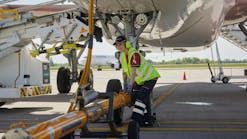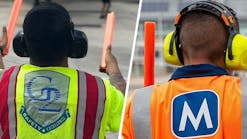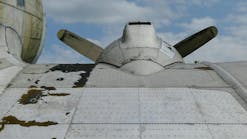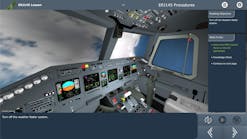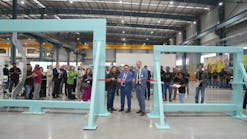WASHINGTON, D.C. – March 16, 2007 – The U.S. airlines are now profitable, but analysts at the FAA Forecast Conference labeled their finances as "bizarre" and a "mess."
Without a recession on the horizon, even as the home mortgage sector faces a difficult future, economist Nigel Gault, of Global Insight, predicted a relatively stable near-future for the world economy. Inflation is not even a concern, he notes.
After losing $33 billion since 2001, the U.S. airlines are collectively projected to earn $13 billion through 2008, says David Strine, an analyst with Bear Stearns. "The airlines are a mess. They are still in recovery, but they are still a mess."
The major problem that confronts the carriers is that they remain heavily in debt. The debt is complicating future decisions concerning fleet upgrades and other capital-intensive improvements, Strine explains. And, even though the carriers are now flying nearly full planes, the yield is below 2000 standards because competition is more intense and the fares are lower.
Strine notes that shareholders of airline stock are not long-term investors with very few holding the stock for as long as five years. Most investors are in and out of this volatile sector, which could complicate the ability of carriers to obtain new capital with future stock sales.
North American carriers are expected to nearly double their collective fleets to 9,400 by 2020, says Henry Joyner, American Airlines senior vice president for planning. The airlines would spend an estimate $740 billion to increase their fleets – about one-third of those planes would be needed to replace current aircraft.
American will soon face a decision to find a replacement for its MD-80 fleet.
The carriers also face the prospect of spending billions to upgrade airport facilities and add new avionics and navigational equipment to their fleets in order to talk to new air traffic control systems.
Just as carriers, such as American, again become profitable, the unions will be asking to share in the new prosperity.
The business cycle for the airlines is "bizarre," says Randy Babbitt, CEO of ECLAT Consulting. Once a carrier become profitable, its unions want to win back the pay scales they surrendered. The wage concession hamper efforts reduce corporate debt levels.
